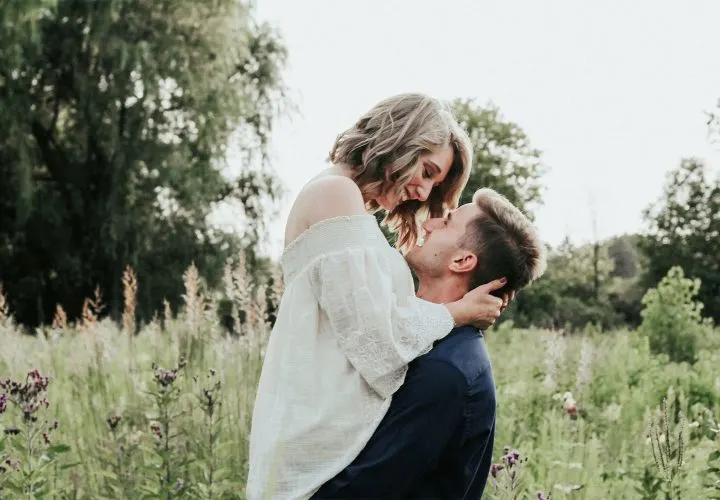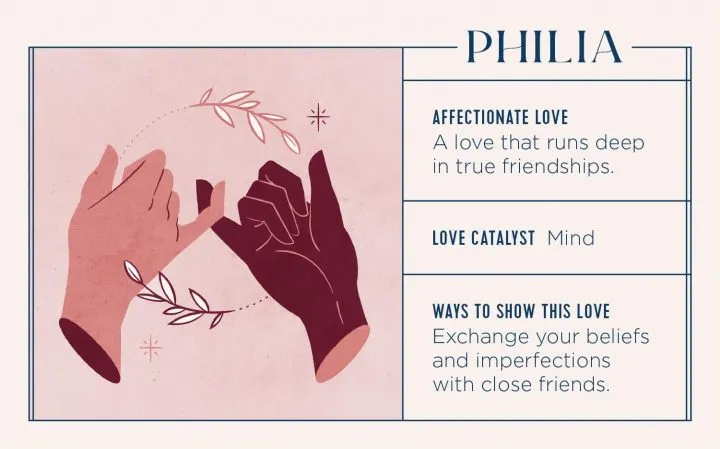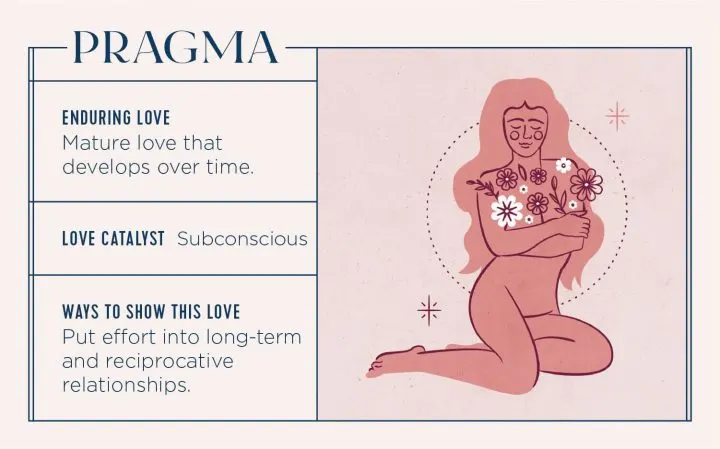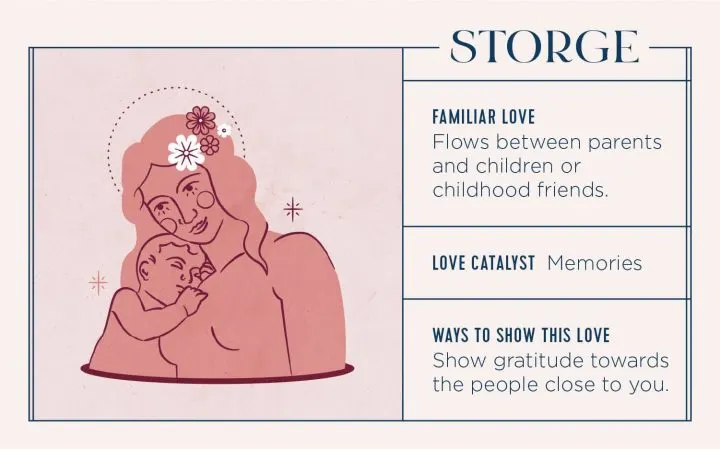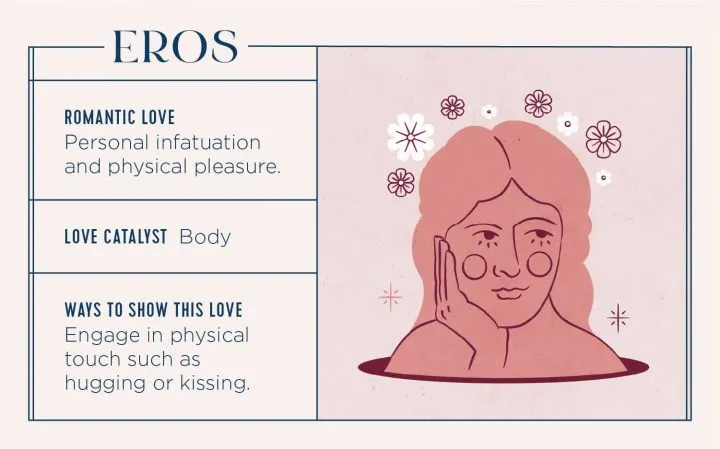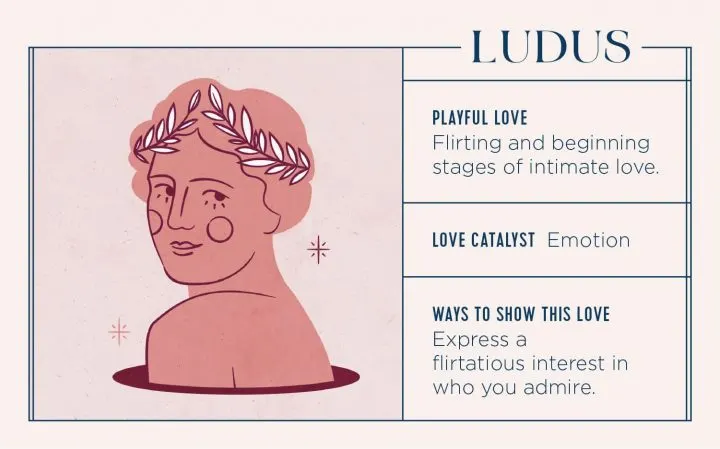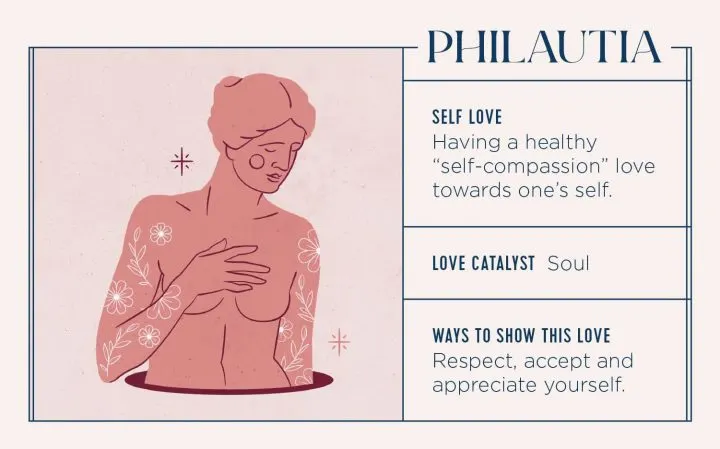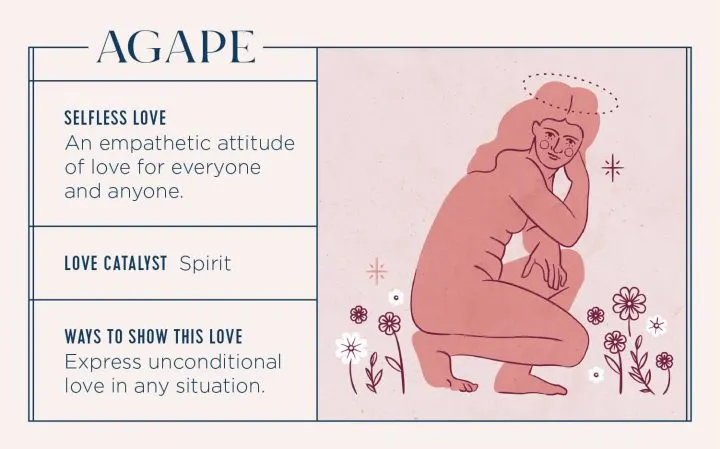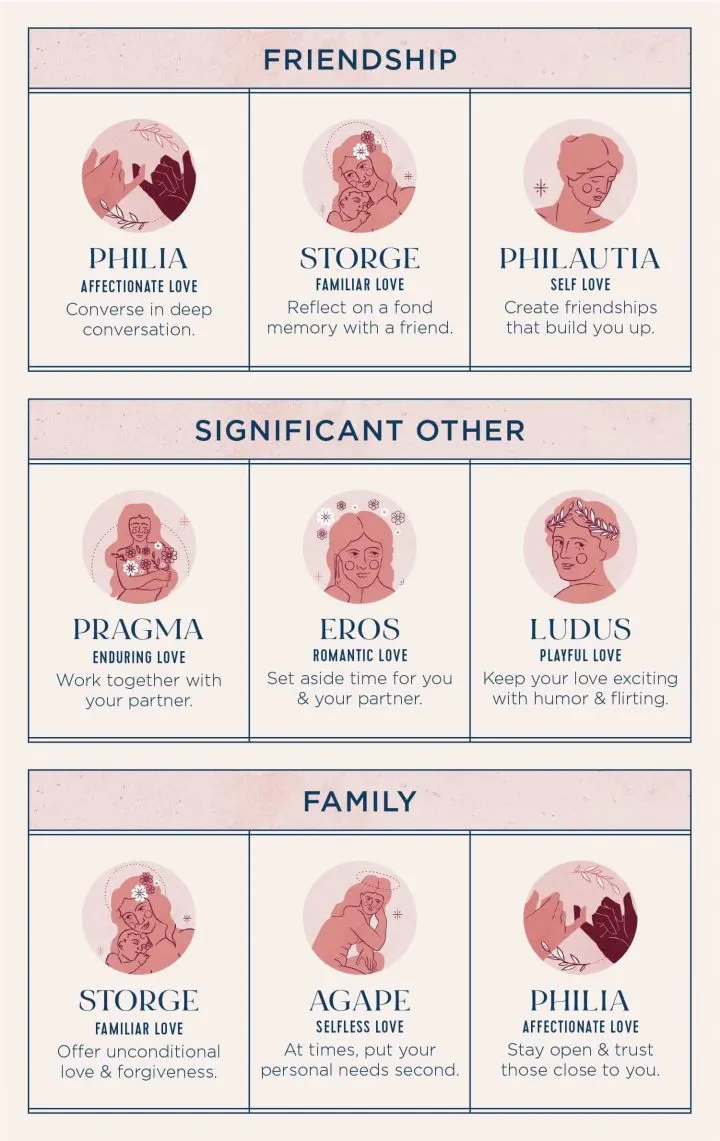January 16, 2020
The 8 Different Types of Love + the Perfect Combo for You
Love is addictive and humans can’t get enough! The hormones your brain releases when you experience love lead to euphoria and other positive feelings, leaving you wanting more. A great way to experience these feelings of love is by receiving or gifting flowers.
We tend to think love occurs solely between romantic partners, but this isn’t true. Humans can experience eight types of love in various relationships, such as with romantic partners, friends, family and even strangers on the street. Understand the type of love you feel (and the catalyst for it) with our descriptions below.
What Is a Love Catalyst?
A catalyst is “an agent that provokes or speeds significant change or action.” A love catalyst is the part of yourself that enhances your experience with a type of love. For example, self-love is catalyzed by the soul and affectionate love is catalyzed by the mind. Therefore, your catalyst is the agent that provokes the feeling of a certain type of love — we dive into this later.
Meet the 8 Different Types of Love
Since all types of love are catalyzed differently, each love affects us uniquely. Just like a bouquet of flowers where each bloom holds a different representation, types of love can have a similar effect. We created eight love characters to represent the types of love found in every relationship. One thing we find amazing is that you can enhance all types of love with the gift of flowers.
Ancient Greeks studied love and denoted each type, giving each one a Greek name. Now it’s time to meet each type of love!
1. Philia — Affectionate Love
Philia is love without romantic attraction and occurs between friends or family members. It occurs when both people share the same values and respect each other — it’s commonly referred to as “brotherly love.”
Love Catalyst: The mind
Your mind articulates which friends are on the same wavelength as you and who you can trust.
How to Show Philia:
Engage in deep conversation with a friend.
Be open and trustworthy.
Be supportive in hard times.
Bonus: Gift a gratitude card to a friend.
2. Pragma — Enduring Love
Pragma is a unique bonded love that matures over many years. It’s an everlasting love between a couple that chooses to put equal effort into their relationship. Commitment and dedication are required to reach “Pragma.” Instead of “falling in love,” you are “standing in love” with the partner you want by your side indefinitely.
Love Catalyst: Etheric (Subconscious)
The subconscious drives partners towards each other. This feeling comes unknowingly and feels purposeful.
How to Show Pragma:
Continue to strengthen the bond of long-term relationships.
Seek and show effort with your partner.
Choose to work with your partner forever.
Bonus: Gift a love coupon booklet.
3. Storge — Familiar Love
Storge is a naturally occurring love rooted in parents and children, as well as best friends. It’s an infinite love built upon acceptance and deep emotional connection. This love comes easily and immediately in parent and child relationships.
Love Catalyst: Causal (Memories)
Your memories encourage long-lasting bonds with another individual. As you create more memories, the value of your relationship increases.
How to Show Storge:
Sacrifice your time, self or personal pleasures.
Quickly forgive harmful actions.
Share memorable and impactful moments.
Bonus: Show how much you care with love words.
4. Eros — Romantic Love
Eros is a primal love that comes as a natural instinct for most people. It’s a passionate love displayed through physical affection. These romantic behaviors include, but are not limited to, kissing, hugging and holding hands. This love is a desire for another person’s physical body.
Love Catalyst: Physical body (Hormones)
Your hormones awaken a fire in your body and must be satiated with romantic actions from an admired partner.
How to Show Eros:
Admiring someone’s physical body.
Physical touch, such as hugging and kissing.
Romantic affection.
Bonus: Steal from our romance ideas.
5. Ludus — Playful Love
Ludus is a child-like and flirtatious love commonly found in the beginning stages of a relationship (a.k.a. the honeymoon stage). This type of love consists of teasing, playful motives and laughter between two people. Although common in young couples, older couples who strive for this love find a more rewarding relationship.
Love Catalyst: Astral (Emotion)
Your emotions allow you to feel giddy, excited, interested and involved with another person.
How to Show Ludus:
Flirt and engage in whimsical conversation.
Spend time together to laugh and have fun.
Exemplify childlike behavior together.
Bonus: Gift a bouquet of roses.
6. Mania — Obsessive Love
Mania is an obsessive love towards a partner. It leads to unwanted jealousy or possessiveness — known as codependency. Most cases of obsessive love are found in couples with an imbalance of love towards each other. An imbalance of Eros and Ludus is the main cause of Mania. With healthy levels of playful and romantic love, the harm of obsessive love can be avoided.
Love Catalyst: Survival instinct
Survival instinct drives a person to desperately need their partner in order to find a sense of self-value.
How to Avoid Mania:
Recognize obsessive or possessive behavior before acting upon it.
Focus on yourself more versus another person.
Put trust into your relationships.
7. Philautia — Self Love
Philautia is a healthy form of love where you recognize your self-worth and don’t ignore your personal needs. Self-love begins with acknowledging your responsibility for your well-being. It’s challenging to exemplify the outbound types of love because you can’t offer what you don’t have.
Love Catalyst: Soul
Your soul allows you to reflect on your necessary needs and physical, emotional and mental health.
How to Show Philautia:
Create an environment that nurtures your well-being.
Take care of yourself like a parent would care for a child.
Spend time around people who support you.
Bonus: Use flowers to boost your mood.
8. Agape — Selfless Love
Agape is the highest level of love to offer. It’s given without any expectations of receiving anything in return. Offering Agape is a decision to spread love in any circumstances — including destructive situations. Agape is not a physical act, it’s a feeling, but acts of self-love can elicit Agape since self-monitoring leads to results.
Love Catalyst: Spirit
Your spirit creates purpose bigger than yourself. It motivates you to pass kindness on to others.
How to Show Agape:
Dedicate your life to improving the lives of others.
Stay conscious of your actions for the good of humankind.
Offer your time and charity to someone in need.
Bonus: Start a random acts of kindness calendar.
The Perfect Combo for You
Like a bouquet, utilizing a combination of different types of love can create something beautiful that leaves a lasting impression. Blossom your connections with the best combination of love. Though there isn’t a perfect equation for every relationship, these combinations can provide a perspective on how to work various types of love into your relationships. After all, a happy heart is a healthy heart. Take a look at our recommended combinations below. Be conscious of the different love catalysts to help you feel the different types of love.
Love is in the air and now you know the perfect ways to express it. We hope that sharing affection brings you love in return! They say what comes around goes around, so why not gift some gorgeous flowers or a bouquet with your expression of love? Happy loving!

